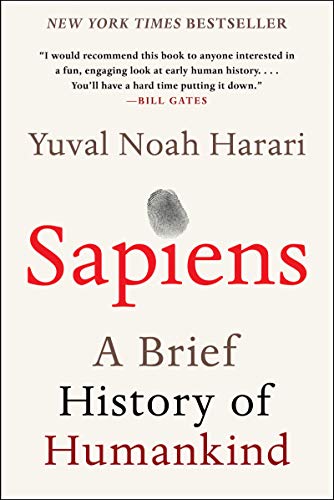Interview with Ritu Vincent, Engineering Manager at Checkr
Published on Nov 7, 2018
4 min read


Location: San Francisco, CA
Current Role: Engineering Manager
What’s your background and how did you get into management?
I was a software engineer for many years and it got to the point where I wanted to expand my skill set outside of technical capabilities. Growing teams and interest to me, so while at Dropbox I became involved with the summer internship program.
Running the internship program brought on a whole new set of challenges that weren’t in my comfort zone, but were exciting. I was used to solving logical, binary problems, but management isn’t black and white. Matching mentors, ensuring interns are happy with their projects, and onboarding new interns took an entirely different skill set than what I was used to, but I learned that I enjoyed stepping outside of my comfort zone.
After spending time building the internship program, I decided that I wanted to manage a team on a smaller scale to have more of an impact. That’s when I found Checkr and knew it was a perfect fit for that. Here, I’m able to broaden my horizons and build out my own team, while still knowing every engineer on a personal level.
What are the biggest challenges you face?
The sense of how I evaluate my performance in this new role is difficult for me. As an engineer, I knew at the end of the week whether a task was done well and if I met my goals. As a manager, your problems follow longer time arcs. Instead of finishing a task with a simple bug fix, I’m developing people, careers, and teams over years.
At first, I would look back on the week and think “wow, I didn’t accomplish anything” or “I don’t know if I’m doing a good job.” I’ve come to terms with the different rate of return on how my team is doing and my own performance.
What is your approach to hiring?
For me, it’s all about a person’s potential. I care less about past experience in terms of tools and languages, but more about the ability to be flexible and adapt to new things. I want my teams to think of problems at the very root, not just a java or python problem, but a puzzle they need to solve. Humility is also important – I really want someone who comes in and is willing to work on whatever is best for the team, not just the most interesting task.
What’s your advice for managers who are just starting out?
If you want to be a manager, start slow. Talk to your current manager about your interests and start with shorter term managing projects such as an internship program. From there, I would recommend becoming a tech lead, where you have three to four engineers you mentor. It is important to ease into it and find opportunities to be more involved in team growth without fully making the switch until you are ready.
What’s your workday like and how do you manage your time, emails, etc.?
Well, I’m an early riser because I have a one-year-old. So once I’ve gotten her ready for the day, I’m doing a quick email check and then heading into work. I usually meet with my team first to discuss what was completed the day before and what is happening that day. The rest of my day is filled with meetings, but I make sure that I also have some free time so I can be available to answer questions or solve any issues that arise.
To manage my time I put everything on my calendar – whether it’s a work meeting, personal obligation or even my commute. If there is a project I need to dedicate time to, I add that to my calendar. I control my time so that when I do have an open space I’m comfortable with getting booked up because I know I still have time to complete my projects.
What’s a personal habit that contributes to your success?
I’m a list-maker. I have a list for every project that needs to get done that day – whether for home or for work. I have a list for my babysitter, what I want to talk about with my teams, even what I’m making for dinner! It helps me remember the tasks that I must complete, without letting it take up too much headspace.
Share an internet resource or tool that you can’t live without.
Dropbox! I use it for everything – backing up files, sharing files or photos with people, but most importantly Dropbox Paper is where I keep all my lists.
If you could recommend one book to managers, what would it be and why?
Sapiens by Yuval Noah Harari. It gives an overarching view of human history. It’s fascinating to see how humanity has evolved and how we have prioritized different things over the course of history. The book provides a great explanation of why the world is the way it is, which provides helpful insight into how humans think and in turn, how we communicate and work together.
Where can we go to learn more about you? (LinkedIn, Twitter, GitHub)
This series asks engineering managers to share their experiences with the intent of helping other engineering managers learn and improve. Have someone you want to see featured or questions you think we should ask? Contact me.






